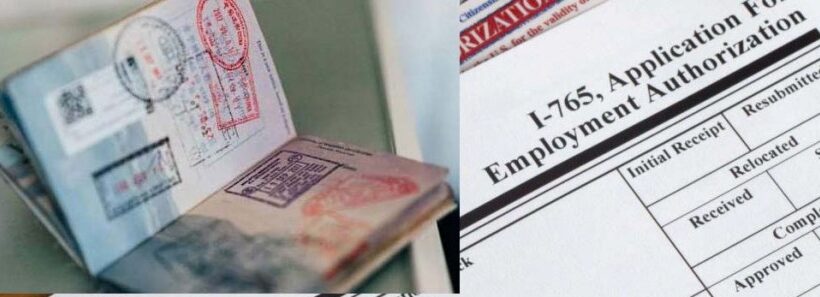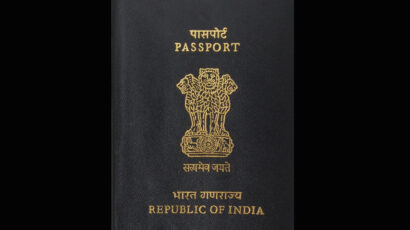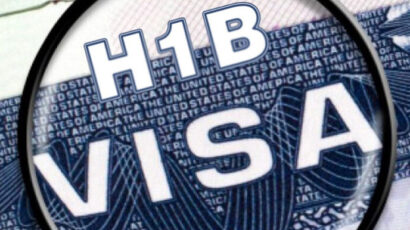US Court Rules Spouses of H-1B Visa Holders Can Work in the United States

In a decision that comes as a relief to hundreds of Indian professionals, a US district court has ruled that spouses of H-1B visa holders can work in the United States. This decision dismisses a lawsuit filed by Save Jobs USA seeking to revoke an Obama-era regulation that allowed employment authorization cards to be issued to spouses of certain categories of H-1B visa holders. Tech giants such as Amazon, Apple, Google, and Microsoft had opposed the lawsuit.
To date, almost 100,000 work authorizations have been issued to spouses of H-1B workers, with a significant number of these individuals being Indian. The ruling by Judge Tanya Chutkan noted that Congress has expressly and knowingly given the US government the power to authorize employment as a permissible condition for an H-4 spouse’s stay in the United States. She added that the federal government has long had the responsibility to authorize employment not only for students but also for their spouses and dependents. In addition, the Department of Homeland Security has extended work authorization to spouses of foreign government officials and employees or officers of international organizations.
Immigrant rights advocate Ajay Bhutoria sees the ruling as a much-needed relief for families who have been struggling to make ends meet. Until recently, H-1B spouses were not allowed to work, which often placed a significant financial burden on families. Bhutoria believes that the decision is a matter of economic fairness, family unity, and stability, and he hopes that it is the first step towards a more compassionate and equitable immigration system.
Save Jobs USA has expressed its intention to appeal the ruling. However, the decision has been widely welcomed by the Indian community in the United States, who see it as a significant victory for H-1B visa holders and their families. It is hoped that the ruling will provide some much-needed relief to families who have been struggling to cope with the financial burden of living in the United States. It remains to be seen whether the decision will have any broader implications for US immigration policy.















